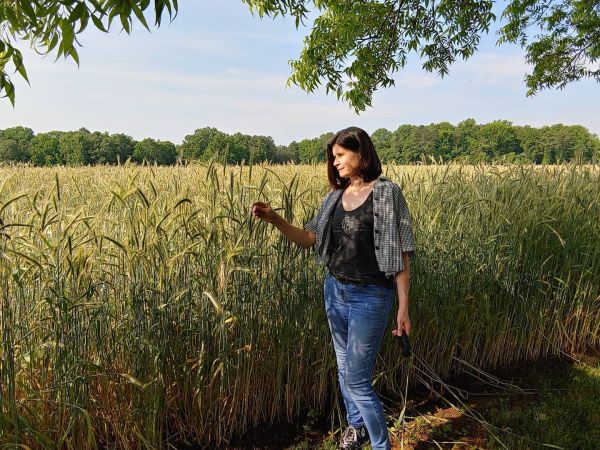The History of Catoctin Creek - Mash and Grain

Mash and Grain did a really lovely, comprehensive history of Catoctin Creek, dating back to before the distillery when Becky and Scott first met. It covers the seeds of entrepreneurship that led to its ultimate establishment. This is the most in-depth article written to date on our story, and contains intimate details on our thinking before the venture even formed:
Distilleries require an incredible amount of upfront investment, so the loan certainly helped, but Scott and Becky were also pouring their entire life savings into this venture. In order to be licensed in Virginia, a distillery needed to have already purchased all of their equipment, set it up, and tested it to make sure it functioned properly. That meant securing a commercial location, signing a lease, thousands upon thousands of dollars in equipment, all before they could legally make a single drop. ... With all this money invested up front, they had sacrificed so much with no guarantee that the two of them had what it would take to make it work. ... [For] Scott it was more about faith. Faith in themselves.
He recounts a story from just after they were approved for their loan. Scott used a new social media platform, Twitter, to announce they had the financing to start their distillery. Shortly after, he received a call from Emily Maltby, a journalist for the Wall Street Journal who was doing a story on SBA loans, and wanted to feature them to lend a human element to the piece.
“We got into the Wall Street Journal. We hadn’t even made anything. We felt like we were ordained by God to do this. We could do no wrong. Of course it will be good if we make it, because it has to be. Why would we do all this trouble otherwise? That’s kind of the complex you have when you’re an entrepreneur. You’re just gonna go full steam ahead, because of course it will be good.” - Scott Harris
Divine intervention or not, their strict process backgrounds proved to be a big asset.
After a few years have passed, fast forwarding to present time, they write a little about how we do grain selection to create a mash bill of 100% rye:
Scott and Becky are proud to say that their rye grain comes from local Virginia farms, but when they were first starting out it was very difficult to find farmers who would grow grain for them. For the first 6 or 7 years, they had to rely on commercial mills where they had no control over the varietals they would receive. Now they do have a handful of local farms they work with. Their mash bill is 100% rye, but not all one varietal. Their farmers need to find varietals that work well for their land and climates, so the combination has changed from time to time. Whenever a farmer brings a new varietal to Becky, she distills one batch with 100% of that specific grain so she can evaluate it’s profile from a sensory standpoint to get an idea of how it may fit into their products. Once she has a sense of it’s character she will slowly start to incorporate it into the mashbill in small quantities to maintain a consistent flavor profile. For a company that mostly deals in single barrel releases, they are basically doing the blending at the front end of production, with each varietal lending complexity and diversity of flavor from the very beginning.
It is a wonderful long-form biography. I hope you'll enjoy it.
You can read the full article, here.